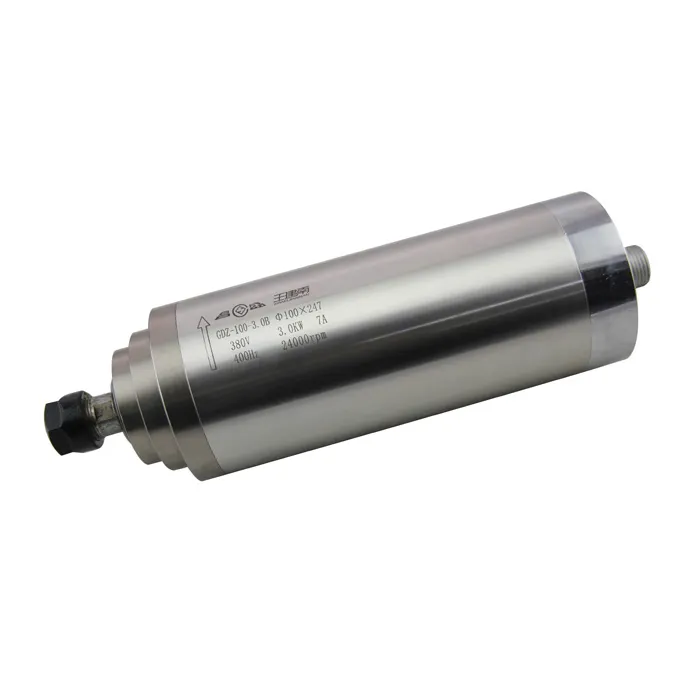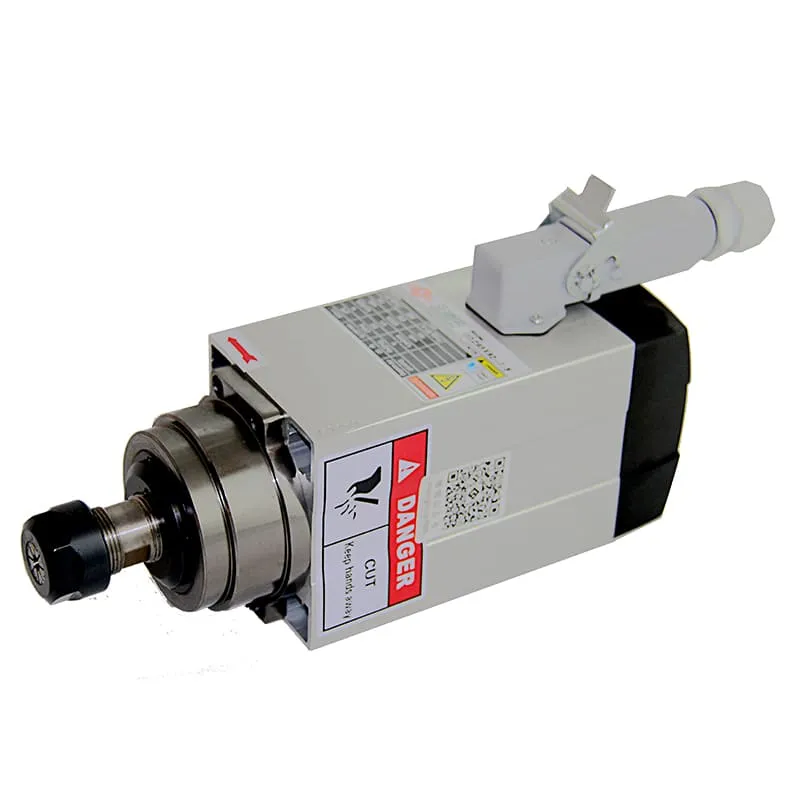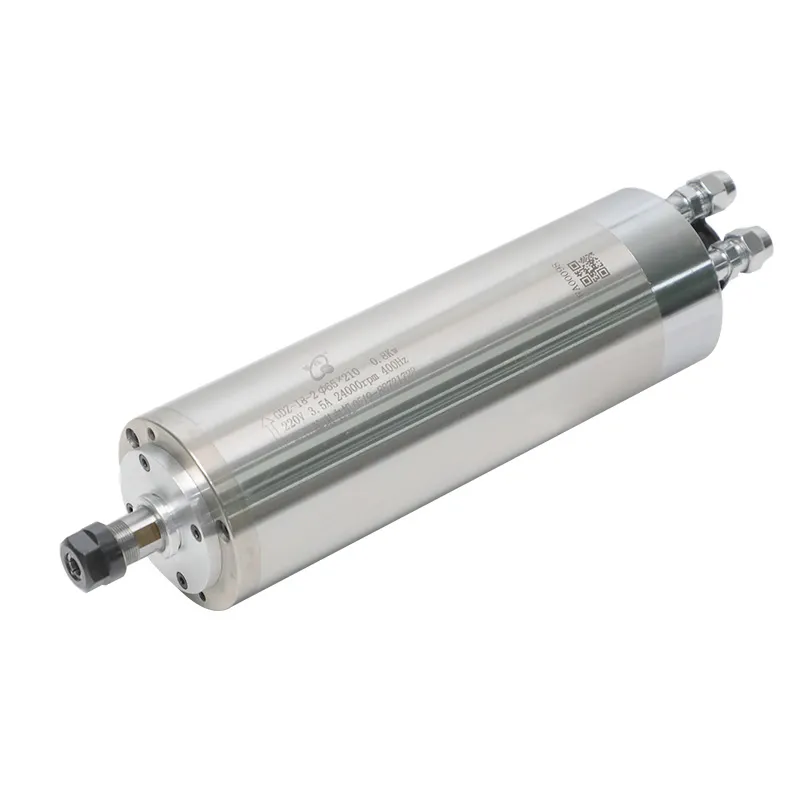CNC experience involves hands-on knowledge and skills in operating and programming Computer Numerical Control (CNC) machines. These machines are crucial in manufacturing, helping to create parts and products with precision. CNC technology automates the control of machine tools using computer programming, allowing for efficient, accurate production processes. The term “CNC experience” encompasses a broad range of skills, including operating CNC machines, understanding G-code, and mastering manufacturing techniques that enhance quality and productivity.
In this article, we will delve deep into the details of CNC experience, examining what it means for machinists, operators, and manufacturers. We will also explore how acquiring CNC experience can be a powerful asset for anyone pursuing a career in manufacturing and machining industries. Let’s jump into what CNC experience is all about and its importance in the industry.
Understanding CNC Experience in Manufacturing
CNC experience refers to the ability to use CNC machines effectively in a manufacturing environment. These machines are capable of creating intricate components used in industries like automotive, aerospace, and electronics. Having CNC experience means you are comfortable using computer systems to manage cutting tools and machine parts to very precise specifications. This skill set is vital for CNC machinists, operators, and engineers working across various sectors.
A CNC machinist typically gains experience by:
- Programming CNC Machines: Understanding G-code, which instructs machines on how to move, cut, or mold a part. CNC programming allows for high accuracy, giving CNC machinists control over every aspect of the machining process.
- Setting Up CNC Machines: This involves selecting the right tools, fixtures, and settings to match a specific job. Each setup is unique, depending on the material, part, and required precision.
- Troubleshooting and Maintenance: Part of CNC experience involves diagnosing and fixing problems that arise during production. Machine malfunctions and programming errors can result in defective parts or production delays, so skilled CNC machinists need to identify and solve issues quickly.
The role of a CNC machinist is crucial for maintaining high-quality standards and ensuring efficiency. An individual with CNC experience is more likely to understand the importance of selecting the right machine settings and tools to produce a quality product without errors.

Image Credit: CNC Milling Spindle
Key Elements of CNC Experience
Having CNC experience encompasses a variety of aspects that are essential in the manufacturing process. Let’s look into the key components that define CNC experience:
1. Understanding G-code and Programming Languages
G-code is the programming language that CNC machines use. It tells the machine how to move, where to cut, and how fast to work. G-code proficiency is a critical component of CNC experience, as it’s necessary for customizing operations and achieving high levels of precision. Beyond G-code, there are also conversational programming tools that are gaining popularity, especially for operators who may not have extensive coding backgrounds.
A person with good CNC experience should be capable of interpreting, writing, and modifying G-code to fit a particular application. Additionally, programming languages like M-code (which controls auxiliary functions like coolant and spindle speed) are essential skills in the CNC machining landscape.
2. Operating CNC Machines
CNC operators are responsible for running CNC machines during production. This includes loading raw material, setting tool paths, and ensuring that the machine operates smoothly throughout the production cycle. CNC operators may handle different types of CNC machines, including CNC milling machines, CNC lathes, and CNC routers.
The operator should also understand machine tools and know how to adjust settings to improve efficiency. For example, altering the spindle speed based on material type can make a significant difference in productivity and quality.
3. Quality Control and Inspection
A large part of CNC experience involves quality control. Machinists must inspect finished products to ensure that they meet the required specifications. This involves using tools like calipers, micrometers, and coordinate measuring machines (CMMs) to measure dimensions and verify tolerances.
CNC experience is valuable in industries where there is no room for errors, such as aerospace or medical devices. The machinist’s ability to consistently produce accurate parts is essential for maintaining customer satisfaction and product reliability.
Developing CNC Skills: Training and Career Opportunities
To build CNC experience, there are several paths a person can take, from formal education to on-the-job training. Let’s discuss how these different methods help develop skills in CNC machining.
1. Technical School and Vocational Training
Many CNC machinists begin their careers by attending a technical school or vocational training program. These schools teach the basics of machine operations, blueprint reading, and G-code programming. In a controlled environment, students have the opportunity to gain hands-on experience operating different types of CNC machines. Graduates leave with an understanding of machine tools and the processes needed to create quality components.
2. On-the-Job Training
On-the-job training is another way to develop CNC experience. Working alongside experienced machinists, apprentices learn practical skills such as setting up jobs, selecting tooling, and troubleshooting machine issues. This method is ideal for gaining practical exposure, as it allows trainees to work on real-world projects and understand the challenges that come with each machining job.

Image Credit: 2.2KW ER20 Square Air-Cooled Spindle
3. Certifications and Advanced Training
Certifications such as NIMS (National Institute for Metalworking Skills) are also essential for demonstrating proficiency. Certifications can focus on areas such as CNC lathe operation, CNC milling, and precision measurement. They are valuable for anyone wishing to demonstrate their level of expertise and improve their job prospects.
Many manufacturers also provide in-house training for employees, particularly for new machinery or technologies. This training helps CNC operators keep up-to-date with the latest industry practices and technological advancements.
CNC Experience in Different Industries
CNC technology is utilized in many industries, and having CNC experience makes you a valuable candidate in fields like aerospace, automotive, and consumer goods manufacturing.
1. Aerospace Industry
In the aerospace industry, precision and reliability are of utmost importance. CNC machinists create components such as engine parts, wing sections, and structural fittings. Even the smallest mistake can lead to a component failure, which is why CNC experience, particularly with quality control, is critical.
2. Automotive Industry
In automotive manufacturing, CNC machines produce engine parts, chassis components, and other mechanical parts. CNC experience in this field requires knowledge of working with various metals and understanding mass production processes that ensure uniformity and consistency.
3. Woodworking and Furniture
CNC routers are commonly used in woodworking, creating intricate designs and carvings in furniture and wood products. Experience with CNC routers often involves skills like tool selection and depth control, essential for working with different types of wood, such as hardwood or MDF.
Benefits of Acquiring CNC Experience
Learning how to operate CNC machines opens up many opportunities, both for personal and professional growth. Below are some benefits of acquiring CNC experience:
- Career Opportunities: CNC experience makes you a suitable candidate for roles such as CNC machinist, CNC programmer, and CNC operator. These roles are in demand in various industries, providing solid career paths.
- Higher Earning Potential: CNC machinists and operators often earn a competitive wage. Individuals with certifications and years of experience are likely to command higher salaries.
- Job Satisfaction: Creating precise parts and being involved in the production process can be very rewarding. Machinists take pride in creating products that meet strict standards, and the role offers a sense of accomplishment when tasks are successfully completed.
- Technological Skills: CNC technology is continually advancing, and staying updated helps machinists develop a broader skill set, including programming and machine maintenance.

Image Credit: 24000RPM 0.8KW ER11 Water-Cooled Spindle
FAQs
1. What is CNC experience?
CNC experience refers to hands-on skills and knowledge in operating, programming, and troubleshooting CNC machines used for manufacturing precise components in various industries.
2. How do you gain CNC experience?
You can gain CNC experience by attending a vocational school, enrolling in an apprenticeship program, or receiving on-the-job training from experienced CNC machinists.
3. What are the key skills needed for CNC machining?
The key skills include G-code programming, machine setup, quality control, and the ability to troubleshoot and maintain CNC equipment.
4. Why is CNC experience valuable in the manufacturing industry?
CNC experience is crucial because it allows for the efficient and accurate production of components. Skilled CNC operators and machinists are needed to ensure parts meet precise specifications, which is essential in industries like aerospace and automotive.
5. Can CNC experience lead to career advancement?
Yes, individuals with CNC experience can advance to roles such as CNC programmer, quality control inspector, or even management positions, depending on their skills and certifications.
Conclusion
CNC experience is a valuable asset in today’s manufacturing world. It combines a unique set of skills in programming, machine setup, and quality control to produce highly accurate parts for various industries. Whether you’re interested in aerospace, automotive, or furniture manufacturing, having solid CNC experience opens up numerous opportunities for career advancement and job security. The hands-on nature of CNC machining makes it a rewarding field for anyone interested in both technology and manufacturing.
For more information on CNC spindles, router spindles, and compatible products, please visit spindlemotorshop.com to explore more details and find the perfect solution for your CNC needs.

